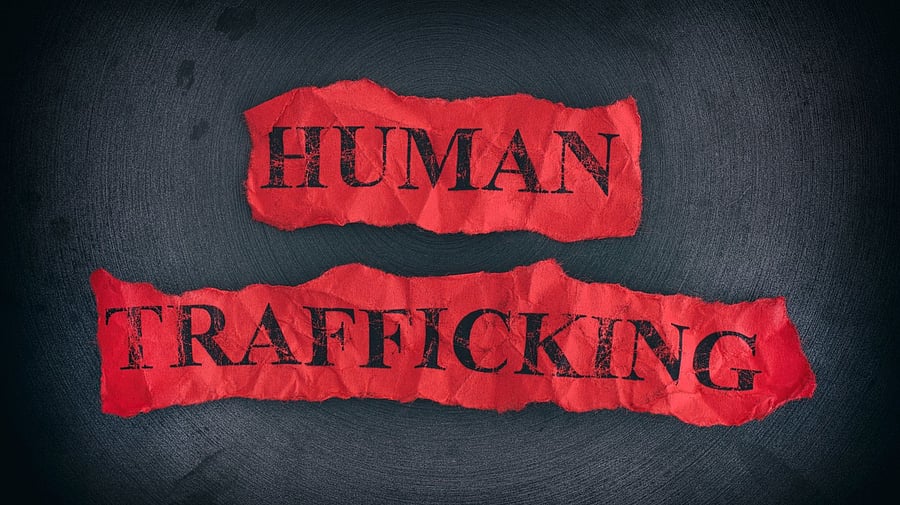
Representative image of Human Trafficking.
Credit: iStock photo
Bengaluru: Aziz, a 22-year-old from Bihar, was just 14 when he was trafficked to work in a bangle-making factory in Jaipur.
In his village, sending children to work due to financial struggles and lack of resources is a common practice.
Recalling his six-month ordeal, Aziz said, “I was not given food on time and had to sit for long hours without breaks. My legs would hurt, and I couldn’t walk after getting up.”
Aziz shared his experience at a closed workshop for human trafficking survivors, organised by the Integrated Leaders Forum Against Trafficking (ILFAT) in Bengaluru.
Pradeep Kumar, another survivour, shed light on why children are preferred in bangle-making factories. “Children’s small hands make it easier for them to hold brushes and paint intricate designs on bangles,” he explained.
Sunitha, general secretary of ILFAT and a survivour of forced labour, spoke on the lack of representation of survivour voices in policymaking. “The lives of trafficked people are only discussed until their rescue. Their voices rarely influence the decisions that affect them,” she said.
For survivours like Momita Biswas from rural West Bengal, the challenges don’t end with rescue. After being trafficked for years, she returned home only to face stigma and alienation. “Our own families and relatives are often ashamed of us. The shame lingers, and rebuilding life becomes a daily struggle,” Momita said.
She stressed on the need for societal change and survivour-led initiatives. “ILFAT, founded in 2019, is our platform to raise awareness and make our voices heard. It’s about finding ways to cope with the same society that enables crimes like trafficking and forced labour,” she added.